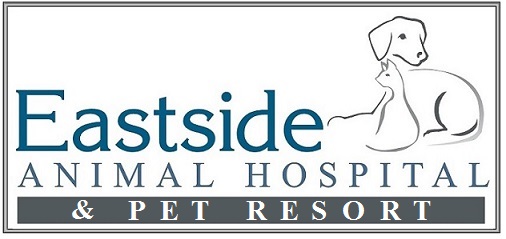 If you’ve read any of my previous articles you may know that
I’ve written about our Nigerian Dwarf goats.
We decided to raise Nigerian Dwarf goats for a few different reasons. Our daughters, Ava who is nine years old and
Aubrey who is five, both wanted goats.
Being small and girls of course, I wanted a smaller breed that was
friendly, easy going but also a breed that was more than a pet. I wanted a breed that gave good milk. The Nigerian Dwarf goat fit what we were
looking for. They are small, adults average
sixty-five pounds, they are very friendly and easy going, and they give
excellent milk with high butter fat.
If you’ve read any of my previous articles you may know that
I’ve written about our Nigerian Dwarf goats.
We decided to raise Nigerian Dwarf goats for a few different reasons. Our daughters, Ava who is nine years old and
Aubrey who is five, both wanted goats.
Being small and girls of course, I wanted a smaller breed that was
friendly, easy going but also a breed that was more than a pet. I wanted a breed that gave good milk. The Nigerian Dwarf goat fit what we were
looking for. They are small, adults average
sixty-five pounds, they are very friendly and easy going, and they give
excellent milk with high butter fat.
Since acquiring our first Nigerian Dwarf goats, many people
have visited our herd and brought their children. People ask a lot of questions and it has
become apparent to me that there are a lot of myths about goats in
general. This article will focus on
debunking the most common goat myths that exist.
Myth #1 Goats will eat anything (including tin cans).
Many people are surprised to learn that goats are very picky
eaters. If hay falls on the ground they
will not eat it. They will eat feed off
the ground simply because it is tasty but they prefer it to be in a
trough. Goats are curious and will use
their mouths to pick things up to examine them just as we would pick things up
with our hands. Since goats don’t have
hands, they use their mouths. So while
they may look as if they are eating things such as tin cans, they are only
examining or playing with them.
Myth #2 Goats stink.
This is partially true but only for intact males (male that
haven’t been castrated). Intact male
goats, or bucks, do have a certain odor about them that most people would
describe as unpleasant. This smell is
much worse during breeding season especially since they urinate on their
beards. The females have no odor at
all. They like to stay clean and avoid
areas that are dirty. Wethers, or
castrated males, have no odor as long as they are castrated before
puberty. If you only plan to have your
goats as pets then I would suggest buying only females and wethers.
Myth #3 Goats need to be de-wormed every month.
This is the fastest way to develop a parasite problem. Intestinal parasites are a very serious
problem for all goats. De-worming
medications are very inexpensive and easily given. Therefore, goat owners soon started given
these medications indiscriminately to all goats whether they needed it or
not. Overuse of medication will always
lead to selection of resistant organisms.
It is better to have McMaster Egg counts performed by a veterinarian to
determine parasite load and only de-worm the one that need it.
Myth #4 Goat milk tastes “goaty”.
If the milking procedure is not performed with care and
cleanliness, then yes, the milk will taste “goaty”. Goat milk is very similar to cow’s milk
except that it is naturally homogenized so it makes excellent cheese. Nigerian goat milk is very high in butterfat,
usually in the 6-11% range. Whole milk
from a cow is 3.25% butterfat. This
makes their milk taste very creamy. In
my opinion, there is no finer milk than Nigerian Dwarf milk. But I am probably a little biased.



